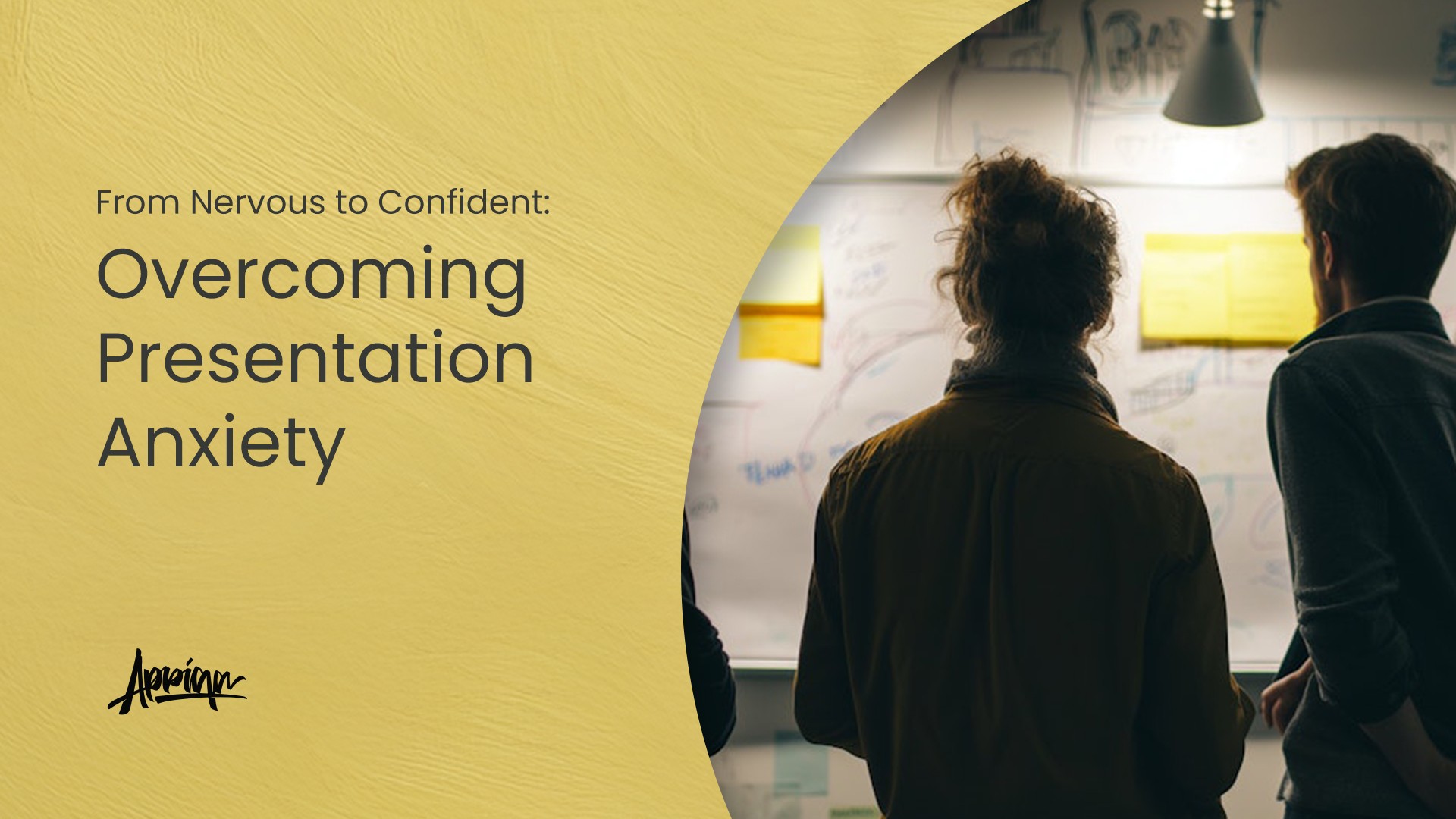Imagine standing in front of a room full of people, all eyes on you, and the weight of expectation hanging in the air. If the thought of giving a presentation fills you with dread, you're not alone. Public speaking, including giving presentations, is a common fear for many. However, with the right strategies and mindset, you can transform your anxiety into confidence. In this article, we'll explore practical tips and techniques to help you overcome presentation anxiety and become a more poised and self-assured speaker.
1. Preparation is Your Best Friend
One of the most effective ways to combat presentation anxiety is through thorough preparation. The more you know your material, the more confident you'll feel. Start early, create a well-structured outline, and practice your speech multiple times. Familiarity with your content will boost your confidence on the big day.
2. Visualization and Positive Self-Talk
Visualize yourself giving a successful presentation. Imagine the audience engaged and receptive. Positive self-talk can also help calm your nerves. Replace self-doubt with affirmations like "I am well-prepared" and "I can do this." Visualizing success and maintaining a positive inner dialogue can significantly reduce anxiety.
3. Understand Your Audience
Knowing your audience can help alleviate anxiety. Research their interests, needs, and expectations. Tailoring your presentation to their preferences will make you feel more connected and relatable, increasing your confidence.
4. Practice, Practice, Practice
Practice in front of friends, family, or a trusted colleague who can provide feedback. Gradually increase the size of your practice audience to simulate the pressure of the real presentation. Repeated practice builds familiarity and confidence.
5. Breathing and Relaxation Techniques
Anxiety often manifests physically through increased heart rate and shallow breathing. Practice deep breathing and relaxation techniques to stay calm. Before your presentation, take a few moments to breathe deeply and center yourself.
6. Embrace Nervous Energy
Accept that some nervousness is normal and even beneficial. Nervous energy can keep you alert and focused. Instead of trying to eliminate it, channel it into enthusiasm for your topic.
7. Engage with Your Audience
Direct engagement with your audience can reduce anxiety. Make eye contact, smile, and encourage questions or interaction. This creates a sense of connection and can make you feel more in control.
8. Start with a Strong Opening
Begin your presentation with a captivating opening. A strong start not only captures your audience's attention but also boosts your confidence. Once you get past the initial hurdle, you'll find it easier to maintain your stride.
9. Have a Contingency Plan
Prepare for the unexpected. Technology may fail, or you may receive challenging questions. Having a backup plan and anticipating potential issues will help you stay composed.
10. Seek Professional Help if Needed
If presentation anxiety is severely impacting your life or career, consider seeking help from a therapist or coach specializing in public speaking anxiety. They can provide tailored strategies and support to help you overcome your fear.
In conclusion, overcoming presentation anxiety is achievable with the right mindset and strategies. With practice, preparation, and positive self-talk, you can transform nervousness into confidence. Embrace the opportunity to share your knowledge and ideas, and remember that every successful speaker started somewhere. So, take that first step, and soon you'll find yourself transitioning from nervous to confident in the world of presentations.






